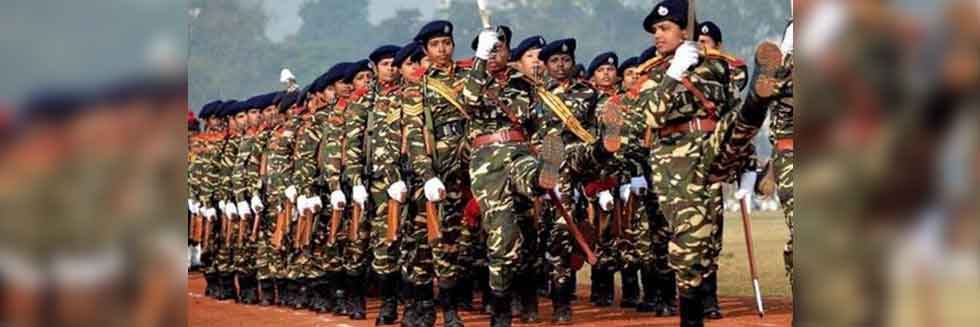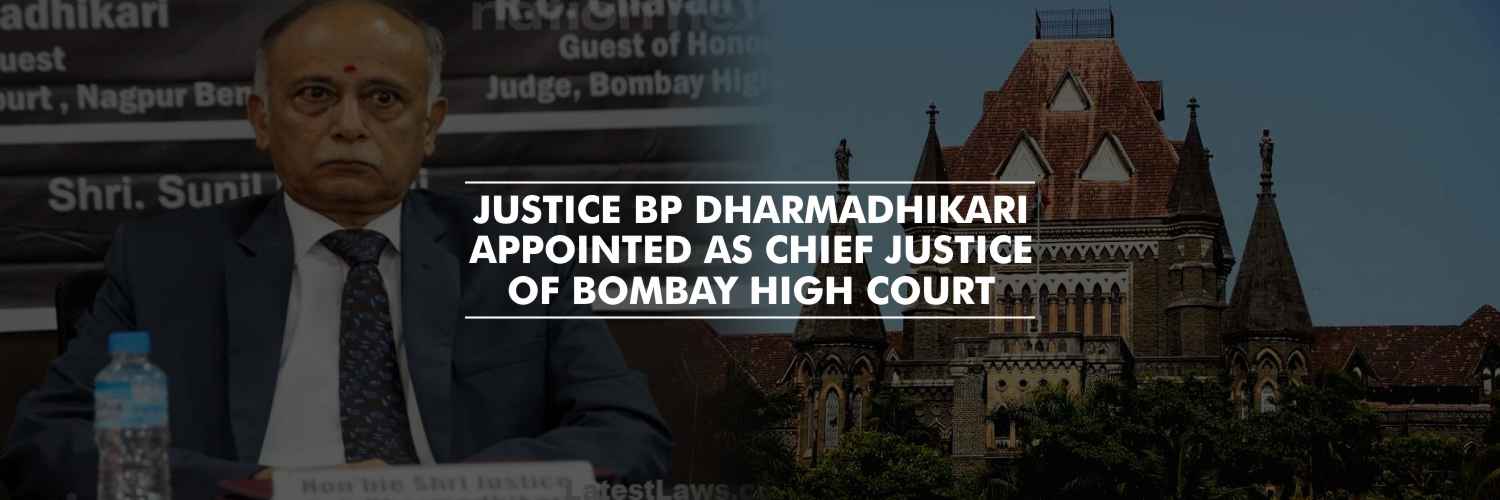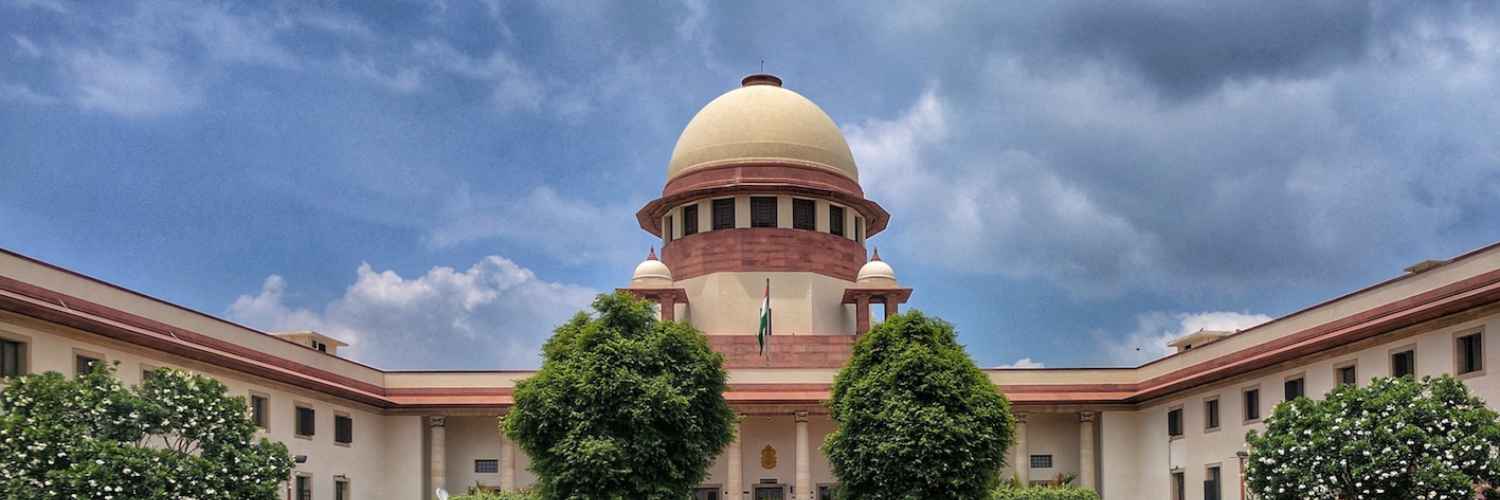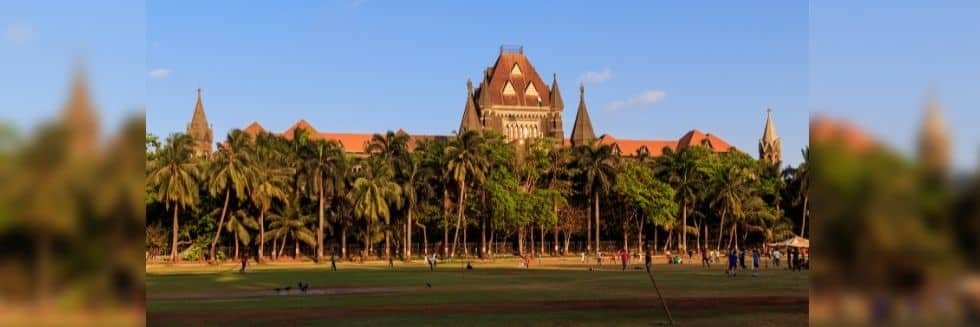Justice Arun Kumar Mishra has taken the charge as the chairperson of the National Human Rights Commission. He is a former Supreme Court judge and retired on September 3 last year.
As the chairperson of NHRC, his tenure will last up to five years or till he attains the age of 70, whichever is earlier. The post was vacant since the retirement of former Chief Justice of India H L Dattu in December 2020.
Justice Arun Kumar Mishra was born on 3 September 1955. He graduated in Science and obtained a master’s degree. Then, he obtained a degree in law.
He enrolled himself as a lawyer in 1978 and was elected as the youngest chairperson of the Bar Council of India in 1998-99. From the period of 1978 to 1999, he practiced in Constitutional, Civil, Industrial, Criminal and Service Matters in the Bench of High Court of Madhya Pradesh at Gwalior.
He was later appointed as judge of Madhya Pradesh High Court. He has also served as the Chief Justice of Rajasthan High Court and Calcutta High Court. He was elevated to Supreme Court on July 7, 2014.
Many activists and lawyers have shown dissent to Justice Mishra’s appointment considering his controversial career as the Supreme Court judge including Judge Loya case and the Prashant Bhushan contempt of court case.
He also stoked controversy in February 2020 when he praised Prime Minister Narendra Modi describing him as an “internationally acclaimed visionary who could think globally and act locally” during an international conference.
He has been appointed over the recommendation of a high-powered committee comprising Prime Minister Narendra Modi, Home Minister Amit Shah, Deputy Chairman of the Rajya Sabha, Harivansh, Lok Sabha Speaker Om Birla, and the Leader of the Opposition in the Rajya Sabha, Mallikarjun Kharge.
Mallikarjun Kharge has disagreed with the appointment and also raised an objection to the lack of consultation prior to the meeting. He has also mentioned the lack of any candidates from the Dalit, Adivasi, or minority communities. Kharge submitted that NHRC deals with the complaints related to crime against these communities. He urged that there should be at least one representative of these communities in the NHRC.
Kharge has written a letter to Prime Minister Narendra Modi expressing his dissent over the appointment of Justice Arun Kumar Mishra.
The other members of the high-powered committee replied to the requests made by Kharge and mentioned that there is no provision in The Protection of Human Rights Act in connection to the appointment in the Commission, except in the case of women members.
“The lack of such provision should not prevent the government from appointing a person from a marginalised background to the NHRC. “Obviously, there cannot be any bar to appoint either chairperson or member to the NHRC on this ground,” wrote Kharge.
In the letter, Kharge has also mentioned that he had suggested the panel to meet after a week again to consider some names from SC, ST and minority communities.
The Modi government amended PHRA in 2019 over a plea that submitted that limiting the chairpersonship of the NHRC to a former CJI would make it hard to fill the position easily. But as the amendment was introduced, several human rights activists and NGOs said that giving the government greater discretionary power to choose any judge it liked was an even greater danger.
“This will only allow the appointment committee to handpick the most ‘favourable’ judge to head the NHRC which is a matter of grave concern. If the NHRC needs to be headed by a judge of the Supreme Court, in the interest of the institution, it is desirable that it is the CJI, hence restricting the government’s influence on the NHRC and the judiciary. Justice J S Verma opposed a similar amendment with this provision that was proposed in 2006 and the provision was thereafter withdrawn when the bill came to the Rajya Sabha,” noted a statement released by the All India Network of NGOs and Individuals who works with national and state human rights organizations.






